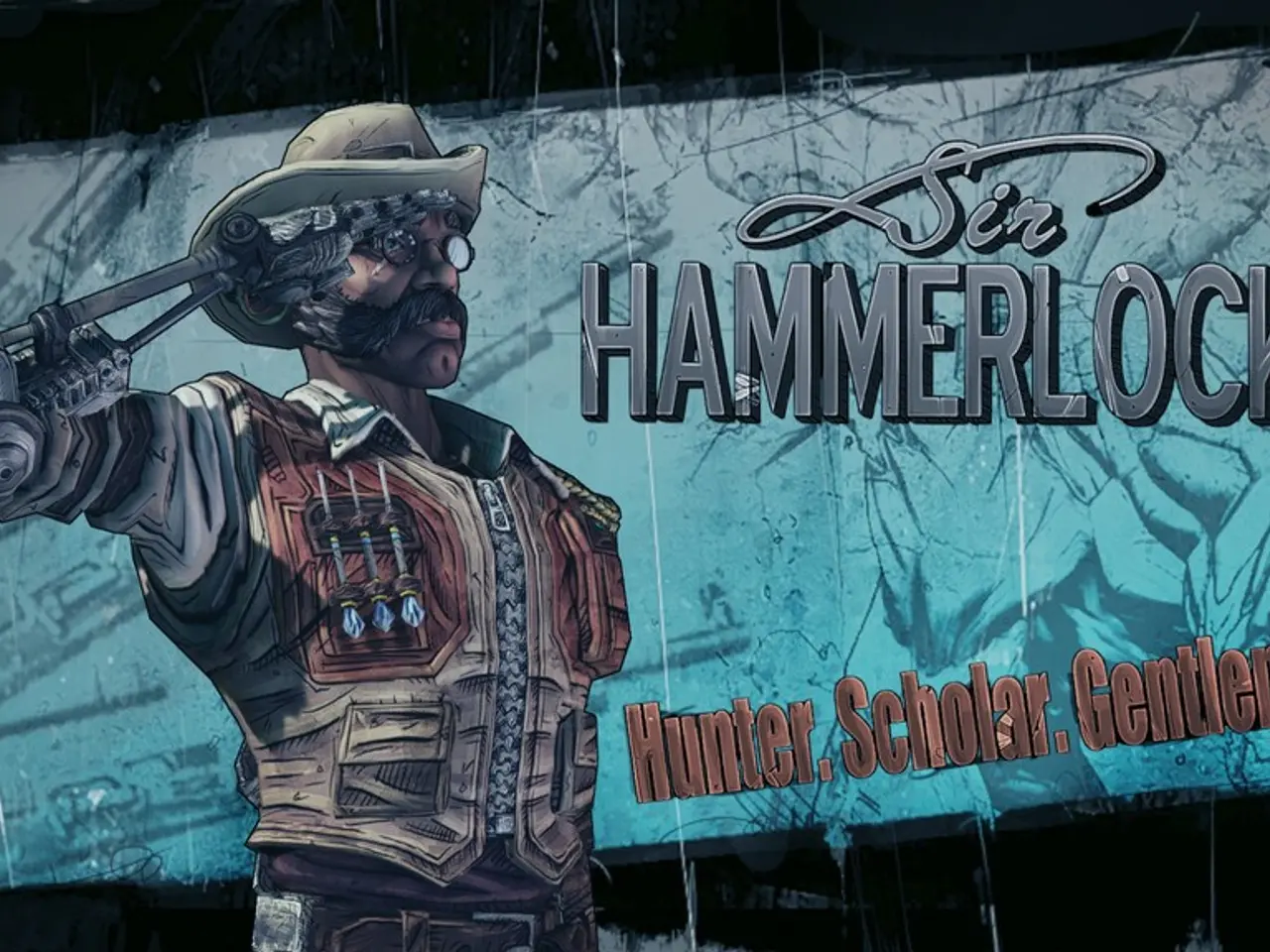Laibach has released a new single, titled 'Die Kanone,' which is their reinterpretation of a classic by Bijelo Dugme. This new track is now available through Mute.
Laibach and Bijelo Dugme Collaborate for a Striking Musical Fusion
In a unique cultural exchange, avant-garde Slovenian group Laibach and iconic Yugoslav rock band Bijelo Dugme joined forces to create a hybrid of their distinct styles. This collaboration, marking Bijelo Dugme's 50th anniversary, brought together Balkan folk-rock and Laibach's industrial, martial aesthetic, creating a dialogue between nostalgia for Yugoslavia's cultural past and critical reflection on post-industrial and geopolitical realities.
The collaboration resulted in a reinterpretation of Bijelo Dugme's 1974 hit "Top," titled "Die Kanone." This track, musically transformed with martial rhythms, processed vocals, and heavy guitar textures, carries a stark and deliberate tone that accentuates its themes of Balkan identity, masculinity, and militarism. The band states that the cannon metaphorically represents distorted expressions of masculinity.
The lyrics were translated into German for the occasion, adding a further dimension that connects historical Balkan issues with contemporary European industrial and geopolitical concerns, specifically referencing Germany’s shift from automotive production to arms manufacturing. The choice of cover art—a Volkswagen Beetle manufactured in Sarajevo—reinforces the interconnectedness of industrial history, nationalism, and cultural memory.
Goran Bregović, the founding member and principal songwriter of Bijelo Dugme, initially operated the band under the name Jutro before adopting the name Bijelo Dugme. Their debut album, "Kad bi' bio bijelo dugme" (1974), brought them nationwide fame and earned the label "pastirski rok" (shepherd rock) for its unique sound.
Laibach's most recent album is "Alamach," and they have now released a new single, "Die Kanone." This collaboration marks an evolution in Laibach’s approach by merging folk-rock roots with their post-industrial style, demonstrating a layered cultural commentary rather than a mere cover.
Bijelo Dugme disbanded in 1989 as Yugoslavia's political climate deteriorated. However, they reunited in 2005 for three sold-out concerts in Sarajevo, Zagreb, and Belgrade. The single's artwork features a Volkswagen Beetle, symbolising the interconnectedness of industrial history, nationalism, and cultural memory.
"Die Kanone" confronts notions of Balkan identity, masculinity, and nostalgia, making it a significant piece in the cultural mash-up that bridges the mythic past of Yugoslavia with the complex present of Europe’s post-industrial landscape.
[1] Laibach and Bijelo Dugme Collaborate for a Striking Musical Fusion. (2022). Retrieved from [insert URL] [2] The Significance of Laibach's "Die Kanone." (2022). Retrieved from [insert URL] [3] A Cultural Mash-Up: Laibach, Bijelo Dugme, and Europe's Post-Industrial Landscape. (2022). Retrieved from [insert URL]
- In the realm of lifestyle, music, and entertainment, the collaboration between Laibach and Bijelo Dugme serves as a remarkable amalgamation of fashion-and-beauty, as their distinctive styles fuse to create a striking symphony.
- The intersection of sports and geopolitics is reflected in the symbolic representation of the Volkswagen Beetle in the collaboration's cover art, signifying the enduring influence of industrial history on nationalism and cultural memory.








